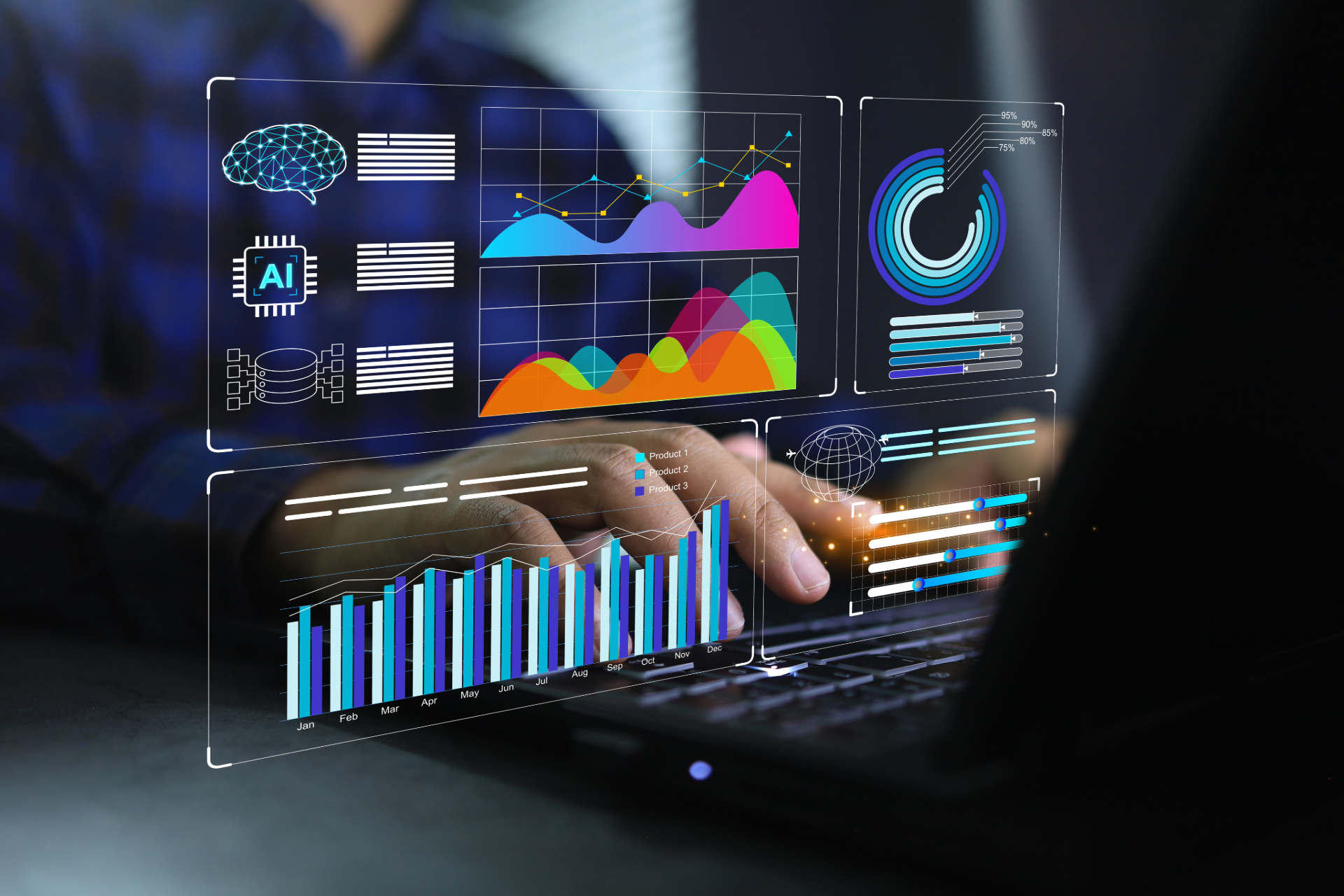Unlocking Insights: The Power of AI in Data Analytics
Introduction: The Role of AI in Data Analytics
In today’s data-driven world, organizations are constantly seeking ways to extract valuable insights from the vast amounts of data they collect. This is where the power of artificial intelligence (AI) comes into play. AI has revolutionized the field of data analytics, enabling businesses to unlock hidden patterns, trends, and correlations that were previously inaccessible. By leveraging AI algorithms and machine learning techniques, organizations can now process and analyze data at an unprecedented scale and speed, leading to more informed decision-making and improved business outcomes.
Leveraging AI for Enhanced Data Processing and Analysis
One of the key advantages of AI in data analytics is its ability to handle large volumes of data with ease. Traditional data processing methods often struggle to keep up with the exponential growth of data, leading to delays and inefficiencies. AI, on the other hand, can quickly process and analyze massive datasets, enabling organizations to gain insights in real-time. For example, AI-powered data analytics platforms can process millions of customer transactions in seconds, identifying patterns and anomalies that would have otherwise gone unnoticed.
Moreover, AI algorithms can automatically clean and transform raw data, reducing the time and effort required for data preparation. This is particularly useful in scenarios where data is messy or unstructured, such as social media posts or sensor data. By automating data cleaning and transformation tasks, AI allows data analysts to focus on higher-value activities, such as interpreting the results and generating actionable insights.
Unleashing the Potential of AI in Predictive Analytics
Predictive analytics is another area where AI has made significant strides. By analyzing historical data and identifying patterns, AI algorithms can make accurate predictions about future events or outcomes. This has immense value across various industries, from finance and healthcare to marketing and supply chain management.
For instance, in the healthcare sector, AI-powered predictive analytics can help identify patients at risk of developing certain diseases, allowing healthcare providers to intervene early and provide personalized preventive care. In finance, AI algorithms can analyze market trends and historical data to predict stock prices, enabling investors to make informed decisions. These examples highlight the potential of AI in predictive analytics to drive better outcomes and improve decision-making.
Overcoming Challenges and Maximizing the Benefits of AI in Data Analytics
While the benefits of AI in data analytics are undeniable, there are also challenges that organizations need to address to maximize its potential. One such challenge is the need for high-quality and diverse datasets. AI algorithms heavily rely on data to learn and make accurate predictions. Therefore, organizations must ensure that their datasets are representative and free from biases. Additionally, organizations need to invest in data governance and data management practices to maintain data quality and integrity.
Another challenge is the shortage of skilled data scientists and AI experts. As the demand for AI in data analytics grows, there is a need for professionals who can develop and deploy AI models effectively. Organizations must invest in training and upskilling their workforce to bridge this skills gap and fully leverage the power of AI.
Furthermore, ethical considerations surrounding AI in data analytics cannot be ignored. Organizations must ensure that AI algorithms are transparent, fair, and unbiased. They should also prioritize data privacy and security to protect sensitive information.
In conclusion, AI has emerged as a game-changer in the field of data analytics. By leveraging AI algorithms and machine learning techniques, organizations can process and analyze vast amounts of data, uncovering valuable insights and making informed decisions. However, to fully unlock the power of AI in data analytics, organizations must address challenges related to data quality, skills shortage, and ethical considerations. With the right approach, AI has the potential to revolutionize data analytics and drive innovation across industries.

